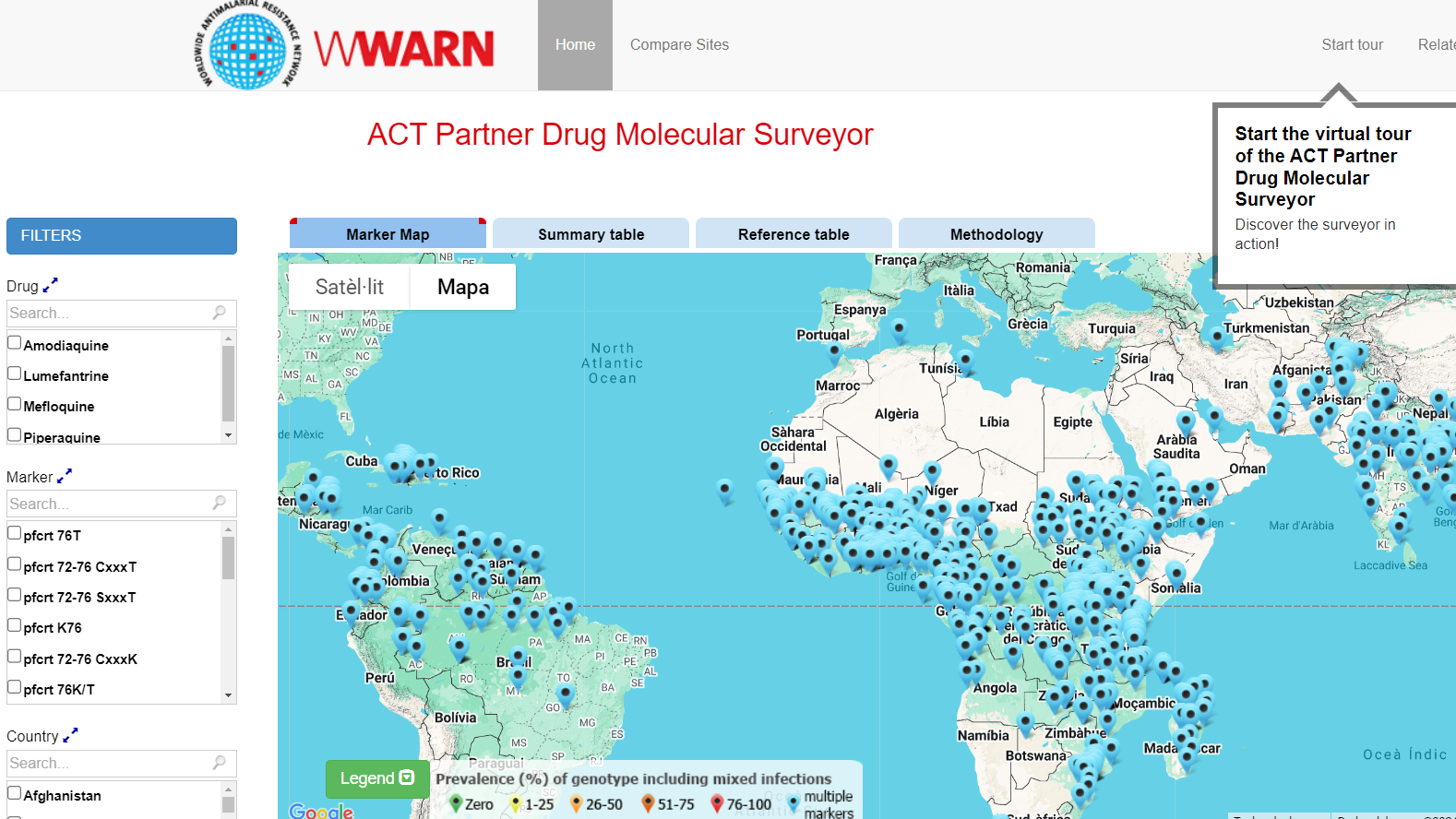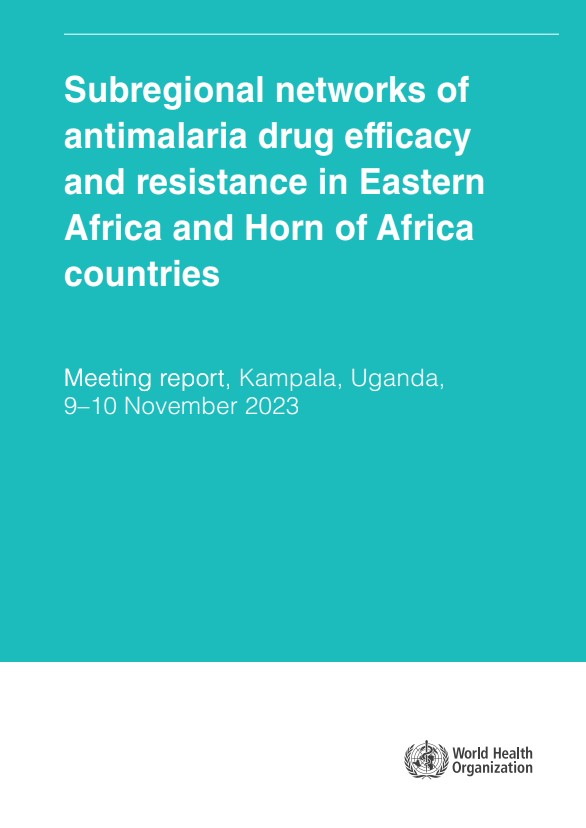Last Updated: 18/11/2015
Molecular surveillance of antimalarial resistance before and after mass drug administration
Objectives
The aim of this study is to assess the impact of mass drug administration with dihydroartemisinin-piperaquine (DHA-PIP) in Magude district under the Mozambican Alliance Towards Elimination of Malaria (MALTEM) project.
- The primary objective is to monitor the level of molecular markers of resistance prior to, during and after the MDA phase of MALTEM.
- The secondary objective is to implement a novel rapid assessment tool for molecular markers of resistance based on next-generation sequencing of pooled samples.
Malaria elimination interventions aim at achieving zero local transmission of malaria parasites. If successful, these malaria elimination campaigns don’t generate drug resistance, as all parasites are eradicated. However, the emergence and spread of resistance can hinder a successful eradication campaign, particularly when eradication is heavily dependent on antimalarial treatment such as in the case of mass drug administration (MDA). Molecular markers can be used to follow the prevalence of most resistant mutants in the parasite population during malaria elimination activities. Such a molecular surveillance will allow assessing how the parasite population responds to mass drug administration and evaluating elimination approaches based on real-time genotypic susceptibility profiles of the parasite populations.
Jun 2015 — Dec 2016


